#aleksei balabanov
Explore tagged Tumblr posts
Text




Morphine (2008), dir. Aleksei Balabanov
836 notes
·
View notes
Text

Morphine (2008) Aleksei Balabanov
86 notes
·
View notes
Text

dr polyakov from morphine (2008) but like if he was my oc neil
#aleksei balabanov#will anyone look in that tag. hey#my oc but he’s lowkey highkey in morphine 2008#lowkey my oc if he was doctor polyakov#Морфий#morphine 2008#i’m just saying like if you put him in 1917 russia that would happen to him
11 notes
·
View notes
Text

Брат (1997)
7 notes
·
View notes
Text

Счастливые дни
#artists on tumblr#sketches#quick sketch#viktor sukhorukov#happy days#aleksei balabanov#art house#man portrait#portrait#art practice#practice
2 notes
·
View notes
Text

"The sooner the Lord takes us, the less chance we have to sin."
2 notes
·
View notes
Text










Война (2002)
2 notes
·
View notes
Link
Aleksei Oktyabrinovich Balabanov was a Russian film director, screenwriter, and producer, a member of European Film Academy. He started from creating mostly art...
Link: Aleksei Balabanov
0 notes
Text
youtube
Brat: Danila
#brat 1997#brat movie#brat film#brother 1997#brother movie#Aleksei Balabanov#Sergei Bodrov Jr#Brother 2#russian film#russian movies#Danila Bagrov#Chechen War veteran#Youtube
1 note
·
View note
Text




Morphine [Морфий] (2008), dir. Aleksei Balabanov
34 notes
·
View notes
Text





Of Freaks and Men | Aleksey Balabanov | 1998
Viktor Sukhorukov, Vadim Prokhorov, Sergey Makovetskiy, Olga Straumit, Dinara Drukarova
#Viktor Sukhorukov#Vadim Prokhorov#Sergey Makovetskiy#Olga Straumit#Dinara Drukarova#Aleksey Balabanov#Of Freaks and Men#1998#Pro urodov i lyudey
58 notes
·
View notes
Text

#movies#polls#brother#brother 1997#brother movie#90s movies#aleksey balabanov#sergei bodrov jr.#viktor sukhorukov#yuriy kuznetsov#svetlana pismichenko#mariya zhukova#requested#have you seen this movie poll
53 notes
·
View notes
Photo
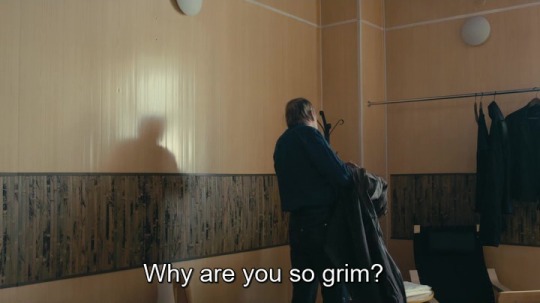


Я то́же хочу́ [Me too] (Aleksey Balabanov, 2012)
#Я то́же хочу́#Me too#Aleksey Balabanov#Russia#miracles#Ya tozhe khochu#drama film#Russian cinema#faith#friends#Russian society#thug life#friendship#happiness#alcoholic#non-professional actors#sense of life#upbeat rhythm#dreams#Saint-Petersburg#existence#innocence#salvation#booze#Orthodox Church#guilt#snow#European movies#Europe#Санкт-Петербург
19 notes
·
View notes
Text
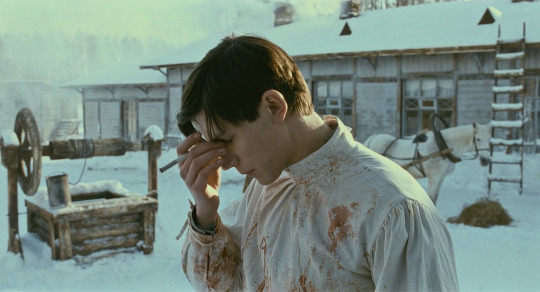
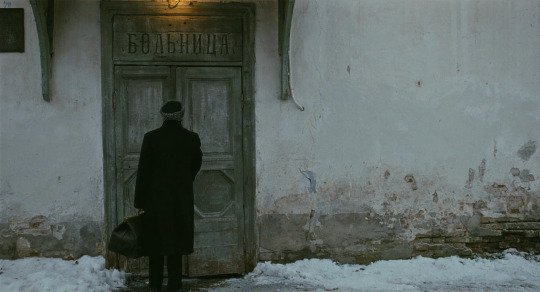
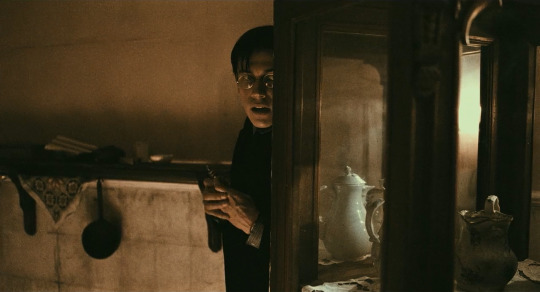
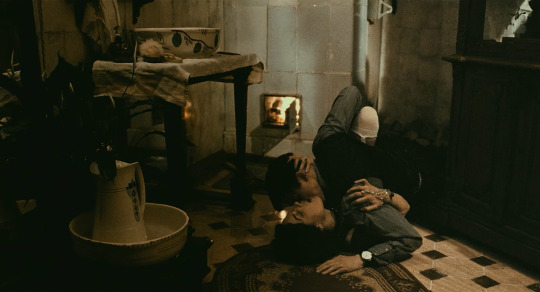
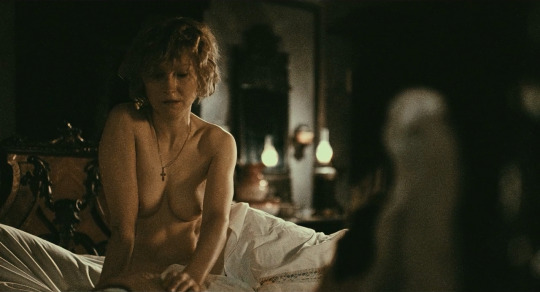
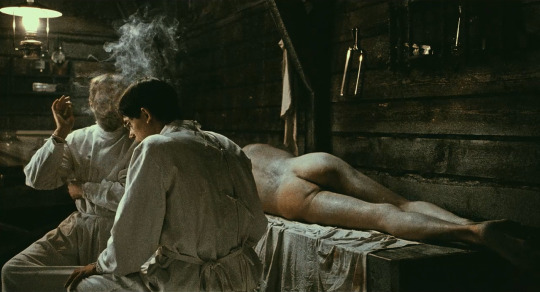
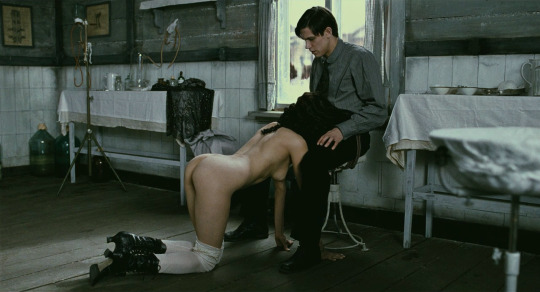
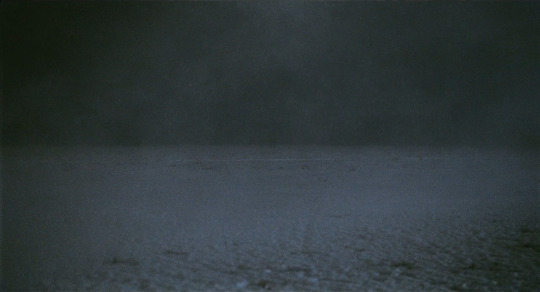
Morfiy, Aleksey Balabanov, 2008
12 notes
·
View notes
Text





10 notes
·
View notes